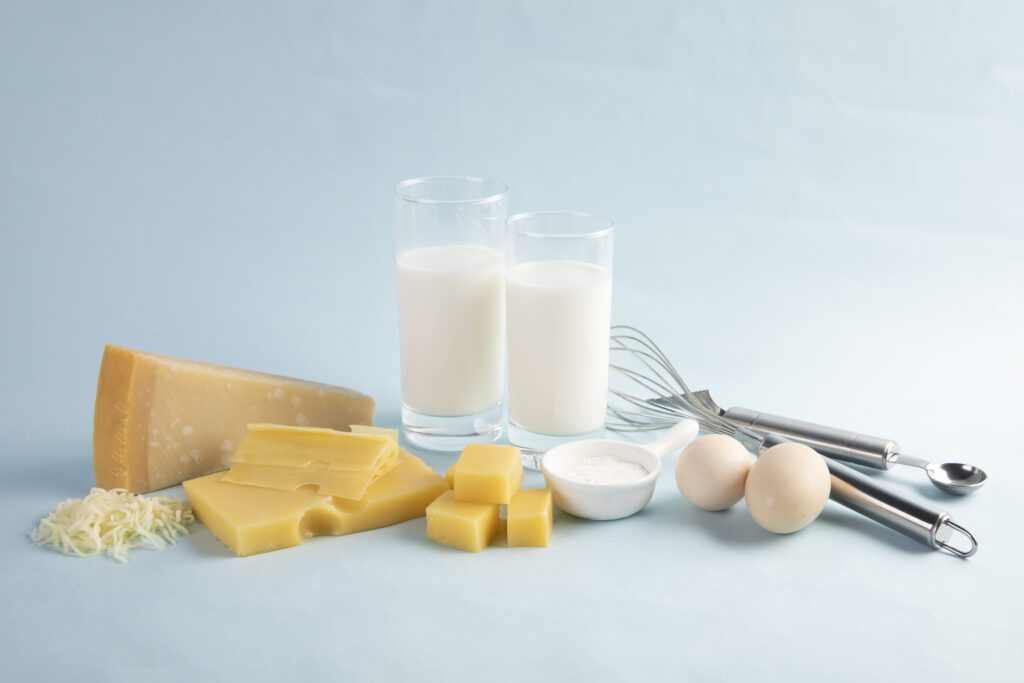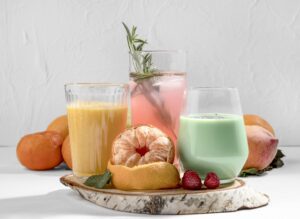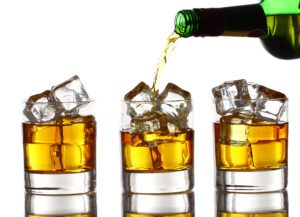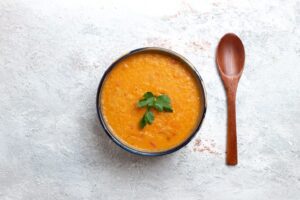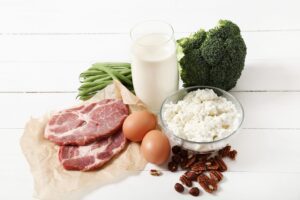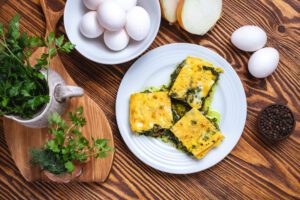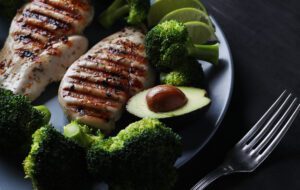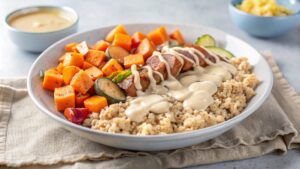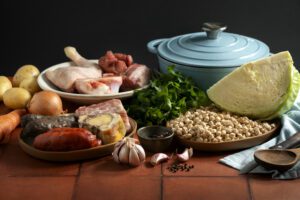“Does Dairy Cause Cancer?” or “Is milk good or bad? Especially for cancer patients?” These are question that are being asked a lot these days. Can dairy products like milk, cheese, and butter worsen cancer? Or is their consumption safe? If you are also confused, then in this article we will clear all your doubts through scientific studies, expert opinions, and practical advice. So let’s get started!
Table of Contents
Understanding Dairy and Its Components
Primarily in homes, dairy is an essential component of our everyday nutrition. But have you ever thought about what happens in milk and its products? Let’s understand this in detail.

1. What are Dairy Products?
Dairy refers to those foods that are made directly or indirectly from milk. Some common items are:
- Milk
- Butter
- Cheese
- Yogurt
- Cream
- Paneer
Dairy has been considered a “superfood” in modern diets, taking it from our ancestors, but recent debates have made its image controversial.
2. Nutritional Value of Dairy Products
Dairy is called a powerhouse food, but it indeed contains many essential nutrients that are necessary for our body:
- Calcium: Important for bone strength.
- Protein: Necessary for muscle repair and growth.
- Vitamin D: Improves bones and immune health.
- Vitamin B12: Helps in the production of red blood cells.
- Fats: Necessary for energy, but high-fat dairy products can increase cancer risk.
Fun Fact: About 125 mg, or 12% of the daily need, of calcium can be found in a 250 ml glass of milk.
3. Common Misconceptions About Dairy
There are many misconceptions that people have in their minds:
- “Milk is perfect without any side effects.”
- “Lactose intolerance occurs only in Western countries.”
- “Dairy provides the same benefits for all age groups.”
The impact of dairy is different for every individual. From issues like lactose intolerance to the effects of hormones and saturated fats, scientific perspectives about dairy vary.
Cancer and Diet: The Connection
Cancer is a chronic illness brought on by billions of cells growing abnormally. But do you know that what we eat can directly impact the risk of cancer?
1. Cancer and Diet Relationship
Lifestyle and diet play a very important role in the development of cancer. Every bite we consume either helps us fight cancer or increases the risk.
- Antioxidants in Fruits and Veggies: Neutralize free radicals, which cause cancer.
- Processed Foods: Added sugars and preservatives increase the risk.
2. Research on Diet and Cancer
Several reputed institutions such as Harvard and the World Cancer Research Fund have conducted research that shows:
- Plant-based diets are safer.
- High-fat diets amplify cancer risk.
- There are conflicting results on dairy, which we will discuss in detail next.
The Debate: Does Dairy Cause Cancer?
Now we come to the most controversial and important part of the article, Does dairy cause cancer? This question has been the subject of extensive debate and research over the years.
1. Studies Showing Risk
Several studies have linked dairy with some specific types of cancers:
- Breast Cancer: Naturally occurring hormones in cow milk (such as estrogen and IGF-1) have been associated with a higher risk of breast cancer.
- Prostate Cancer: High-fat dairy products such as cheese and cream amplify prostate cancer risk.
- Casein Protein: This is a milk protein that in some experiments promotes tumor growth.
2. Studies Showing Benefits
While some studies highlight the risks of dairy, some also show its positive side:
- Calcium and Colon Cancer: Regular dairy consumption reduces the risk of colon cancer.
- Fermented Dairy: Products like yogurt and kefir improve gut health, which indirectly helps in cancer prevention.
Balanced View: It’s clear that dairy isn’t harmful for everyone, but it’s important to focus on portion control and quality.
Special Considerations for Cancer Patients
Patients having cancer may experience different effects from dairy, particularly during therapy.
1. Lactose Intolerance
Digestive problems are common side effects of cancer treatment. Lactose intolerance can further aggravate this problem:
- Symptoms: Bloating, diarrhea, gas.
- Solution: Prefer lactose-free options
2. Immune System and Dairy
Cancer patients have a weak immune system. High-fat dairy can slow the immune response, which can be problematic. Low-fat and organic options are better.
3. Dairy Alternatives for Cancer Patients
If you want to avoid dairy, here are some alternatives:
- Almond Milk
- Soy Milk
- Coconut Milk
- Plant-based Cheese (Tofu)
Scientific Studies: What Research Tells Us About Dairy and Cancer
1. The Hormone Hypothesis
Does dairy cause cancer due to its hormone content? According to research that cow milk contains natural hormones such as estrogen and Insulin-like Growth Factor-1 (IGF-1), which may trigger certain types of cancers.
- Breast Cancer Risk: A study (Journal of the National Cancer Institute, 2020) observed that individuals with high dairy intake had a slightly increased risk of breast cancer, especially postmenopausal women.
- Prostate Cancer Risk: There is a strong link between prostate cancer and high-fat dairy consumption. Research by the Harvard School of Public Health showed that men with high dairy diets had a higher risk of prostate cancer.
2. Calcium’s Role in Colon Cancer Prevention
There is a positive side too. High-calcium diets, which dairy products provide, can reduce the risk of colon cancer.
Study Findings: Research in the European Journal of Cancer Prevention suggested that calcium-rich diets inhibit the growth of colon cancer cells. Fermented dairy products like yogurt improve gut microbiota, which indirectly helps in colon cancer prevention.
3. Casein Protein and Tumor Growth
Casein is a primary protein found in cow’s milk. There have been some controversial studies on this:
The China Study (T. Colin Campbell): This study suggested that high-casein diets may amplify the risk of liver cancer. However, the study received a lot of criticism as its direct evidence of human subjects was weak.
4. Fermented Dairy and Gut Health
Fermented dairy products such as yogurt and kefir are good for gut health, which indirectly helps in cancer prevention.
Probiotics in Action: Research shows that probiotics present in yogurt reduce inflammation and free radicals by increasing beneficial bacteria in the gut, which reduces cancer risk.
5. The Saturated Fat Debate
Saturated fats found in dairy products such as butter, cheese, and cream may promote the growth of cancer cells.
Study Insight: According to a study by the American Cancer Society, controlling saturated fat intake may reduce the risk of breast and prostate cancer.
6. Meta-Analysis on Dairy and Cancer
Meta-analysis is a summarized version of research studies that helps understand overall trends.
Findings: A 2021 meta-analysis concluded that moderate dairy consumption increases the risk of breast and prostate cancer, but decreases the risk of colon cancer. This suggests that the effect of dairy depends on cancer type.
Balanced Interpretation
There is evidence on both the risks and benefits of dairy. Not every study gives a uniform conclusion, which suggests that an individualized approach is best.
Expert Opinions on Dairy and Cancer
Experts frequently discuss the question, does dairy cause cancer? and their opinions vary:
1. Oncologists’ Recommendations
- Low-fat dairy products are safe.
- Prefer hormone-free (organic) milk.
2. Dietitians’ Insights
- Cancer patients need to maintain gut health.
- Fermented dairy, despite the ongoing debate on whether dairy causes cancer, can improve digestion.
Actionable Advice for Cancer Patients
For those concerned about the question “Does dairy cause cancer?”, here are some practical tips:
- Prefer organic and hormone-free dairy products.
- If you are allergic, shift to plant-based alternatives.
- Keep portion control; avoid excess dairy.
- Always consult a doctor or dietitian before making dietary changes.
Conclusion
The relationship between dairy and cancer is not simple, and there is no fixed answer to it. Every patient’s case is different, and it is best to take a personalized approach.
FAQs
Does milk increase the risk of breast cancer?
Yes, some studies show a link between cow milk hormones and breast cancer, but moderate consumption is generally safe.
Which milk is best for cancer patients?
Plant-based options such as almond and soy milk are best.
Is yogurt beneficial for cancer patients?
Yes, fermented dairy products such as yogurt improve gut health and are beneficial for digestion.
What is the effect of cheese on cancer patients?
Avoid high-fat cheese. Low-fat and plant-based cheese are safe options.
Is it safe to consume dairy after treatment?
Yes, but prefer organic and hormone-free dairy products and do consult your doctor.

